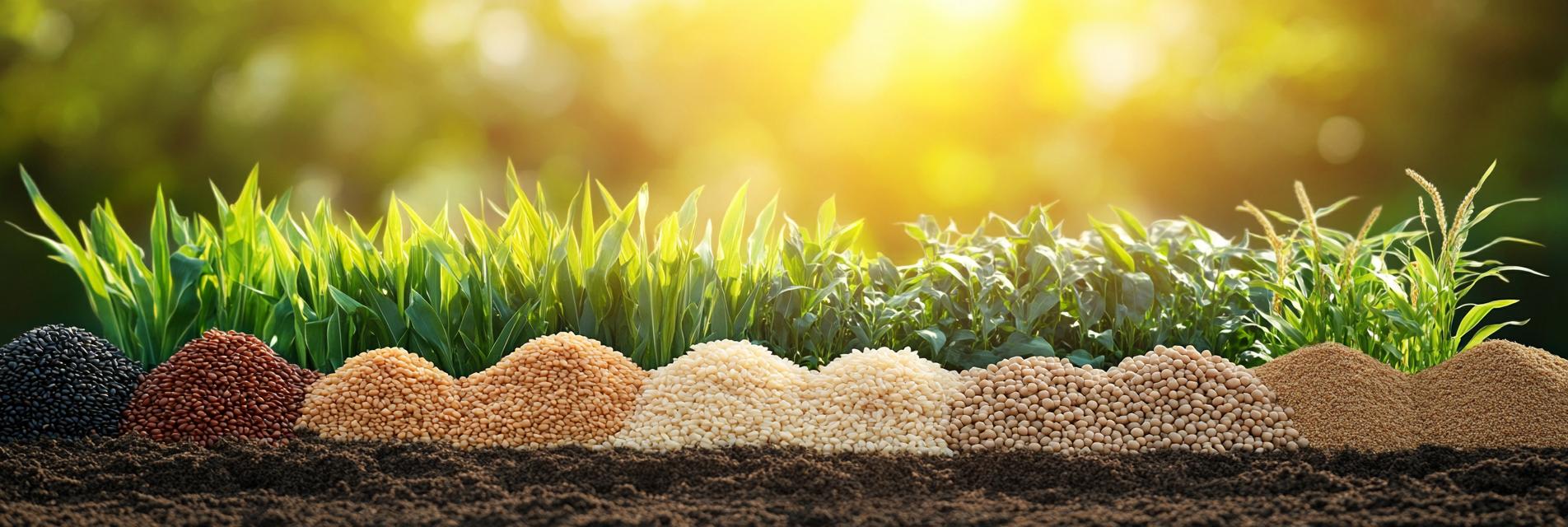Phosphate fertilizers play a crucial role in modern agriculture, supporting the growth of various crops by providing essential nutrients. This article delves into the specific applications of phosphate fertilizers in Vietnam, Korea, and Brazil, focusing on how different agricultural contexts influence fertilizer usage.
Vietnam's agricultural landscape is characterized by a variety of crops, including rice and fruit trees. Farmers in Vietnam often face challenges such as soil degradation and nutrient imbalances. To address these issues, phosphate fertilizers are utilized strategically, ensuring crops receive the right nutrients at the right time. For instance, rice farmers may apply phosphate fertilizers during key growth stages to enhance yield and improve grain quality.

In Korea, the agricultural focus shifts to high-value crops such as vegetables and flowers. Here, the efficient use of phosphate fertilizers is vital for maximizing productivity. Korean farmers are increasingly adopting precision agriculture techniques to monitor nutrient levels and customize phosphate applications. This targeted approach helps mitigate environmental impacts while ensuring optimal crop performance.
Brazil's diverse agricultural sector, which includes soybeans and sugarcane, presents unique challenges regarding nutrient management. With the rising demand for food production, the efficient use of phosphate fertilizers is more important than ever. Farmers in Brazil are leveraging soil testing and crop rotation practices to optimize fertilizer application, thus enhancing crop resilience and sustainability.
The demand for phosphate fertilizers in Vietnam, Korea, and Brazil highlights the need for tailored solutions that address specific agricultural challenges. By understanding the distinct requirements of crops in these regions, stakeholders can develop effective strategies to improve crop yields and support sustainable farming practices.